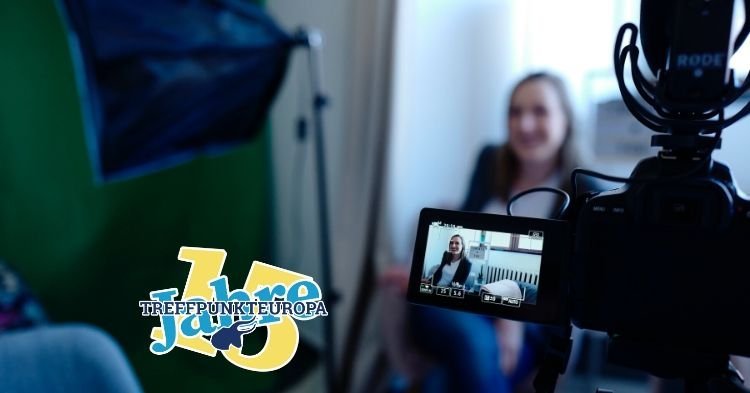Dear readers,
In the summer of 2018, pictures from the G7 meeting made the rounds. Yet they couldn’t have been more different. Angela Merkel’s team published a picture featuring the German chancellor insistently speaking to Donald Trump, her hands firmly on the table. Emmanuel Macron’s team, on the other hand, posted one which showed several spellbound heads of government listening to Macron’s word. The USA and Italian press teams reacted no differently. The meeting of high-ranking politicians not only brought together different political interests, but also different narratives on how the meeting had gone.
European Elections, National perspectives
The case of the G7 Summit is particularly interesting because the comparison made the headlines. But not every picture manages to do so, no matter how one-sided it is. How many articles about your European neighbours have you read in the past year? And how many of these articles were from journalists who were from the country the article was written about? Or even published in the country it was about? I must not be hypocritical about these questions: in my case me, the answer is “only a few”.
I could spend ages listing similar examples: the priorities of the German public broadcaster ZDF and the French channel France 2 before, during, and after the 2019 European Elections could hardly have been more different. What happened in the reporting was reflected not least in the campaigns of the parties. Numerous posters advertised in May 2019 showed the faces of national politicians who did not run for the European Parliament at all. Even the most promising German Spitzenkandidat for the position of President of the European Commission, Manfred Weber, remained relatively unknown.
Language barriers reproduce national borders
The differences in national reporting influence reality. During the 2010 debt crisis, the narrative that Greece “squandered” the EU money and exploited other Member States spread across Germany. Meanwhile, the prevailing narrative in Greece was that Germany had built the Eurozone largely for its own profit and was now financially suffocating the Greek economy and society. What was missing was an intermediary between the only seemingly objective realities of EU citizens.
The Internet makes us believe that the digital space is borderless. This is nonsensical: its language barriers alone reproduce national borders. As long as there is no European media space, there can be no European public which discusses what Europe we want, nor can there be a true understanding of the wishes, worries, and fears of other European citizens.
In favour of linguistic diversity and translations
A few European media projects exist, but they have not yet led to a European media space. They are either linguistically limited - they report in English, which does not allow all Europeans to inform themselves -; or they are explicitly addressed to an elite audience, often known as the “Brussels Bubble”.
At treffpunkteuropa.de, we have tried to challenge this. We do not publish in English, because we want to reach out to readers with little to no knowledge of English and to showcase Europe’s linguistic diversity. Instead of hiding the foreign language content, we translate it. On treffpunkteuropa.de I can read what young Europeans think about themes which concern all of us: I can do so, in fact, even if I do not speak that said same language.
In 2005, our sister publication Le Taurillon published its first article. Meanwhile, Treffpunkt Europa published a printed member’s magazine. A lot has happened since then. Treffpunkt has become more: more digitalised, more connected, and more diverse. In 2020, treffpunkteuropa.de celebrates its 15th anniversary – fifteen years of European political reports, analysis and commentary, translations from six languages, and multinational formats in the magazine and on social media.
The future is also multilingual. And so are we!
Yours, Marie


Follow the comments: |
|
